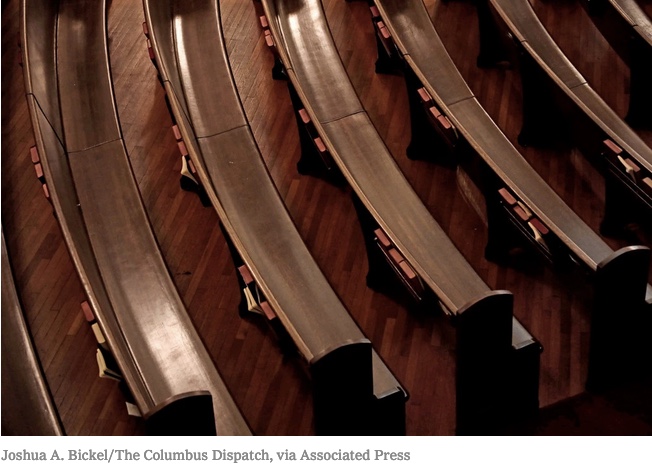The First Amendment’s Establishment Clause prohibits the government from making any law “respecting an establishment of religion.” This has long been thought to prohibit direct government support for religion. The contours of that idea have been contested, and they have contracted over time. But the commitment to some form of separation of church and state has endured.
Yet in response to the coronavirus pandemic, Congress has approved a huge payout to small businesses and nonprofits that allows funding for clergy salaries — a direct payment of tax dollars for a core religious use that would have been unthinkable in previous eras.
Thousands of churches applied for help under the Paycheck Protection Program, and many have had their funding approved. We are witnessing an important moment in the nation’s constitutional history: the quiet demise of the already ailing separation of church and state.
In 1785, James Madison, one of this nation’s founders and the chief architect of the Establishment Clause, argued against a Virginia bill that would have paid for clergy salaries with tax dollars, even though it would have supported a relatively wide range of denominations. Madison’s essay making that case was once widely thought to provide the best historical evidence for the meaning of the clause. He believed it was a violation of religious freedom to “force a citizen to contribute three pence only of his property for the support of any one establishment,” and he considered the payment of clergy salaries with tax dollars to be an establishment. Jefferson made much the same point in his religious freedom bill, which became the law in Virginia.




